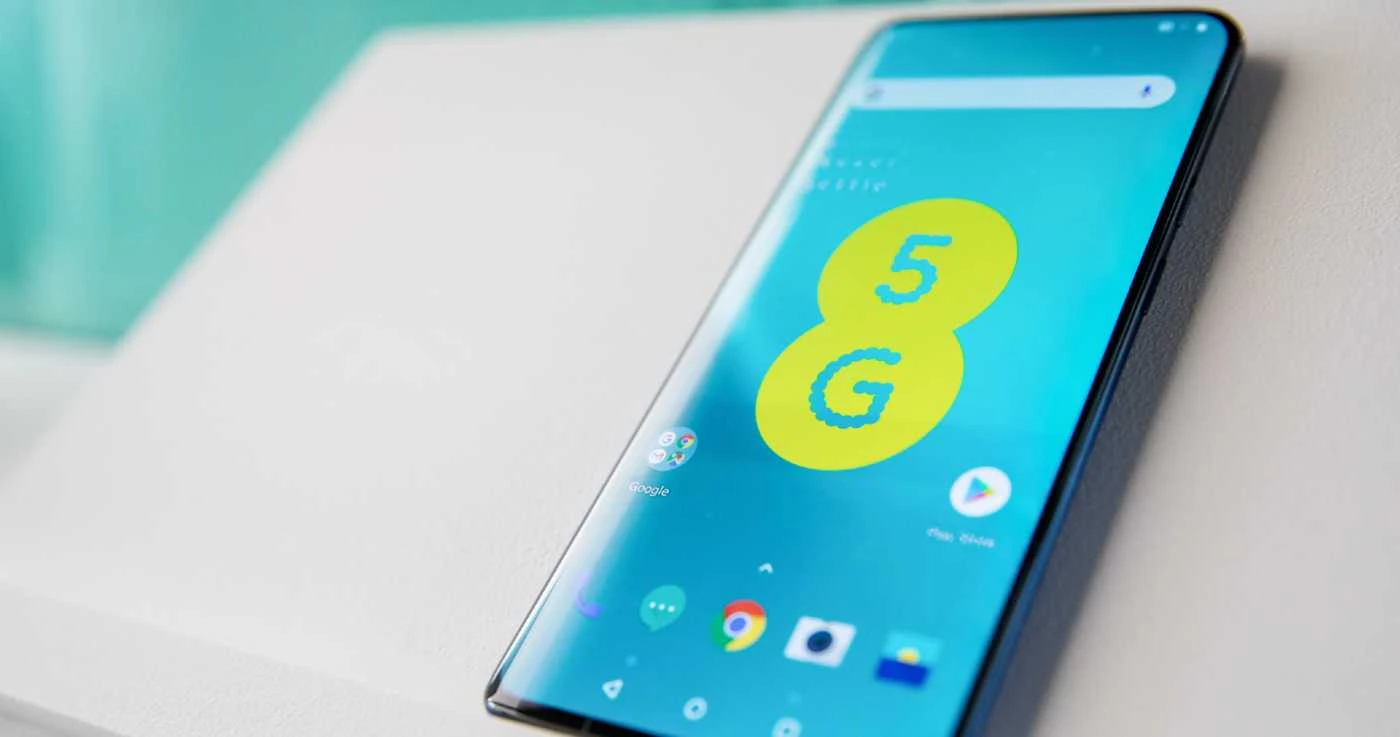BT has today unveiled new plans to offer high performance 5G solutions across the entire UK and to fuse its leading mobile, Wi-Fi and fibre infrastructures to realise the potential of the UK’s first fully converged network.
This long-term vision means BT is building and bonding next-generation fibre and 5G networks simultaneously. The unique, smart infrastructure provides a platform for revolutionary new services for customers and converged technology opportunities for businesses, supporting the UK’s economic recovery and future growth.
Philip Jansen, Chief Executive of BT Group, said:
“Over the past 18 months we’ve helped the UK to meet the demands of a pandemic. We must now look ahead to deliver the strongest foundations to drive future growth.
We’re making a uniquely ambitious, long-term commitment to drive high performance 5G further and faster, and to integrate it at the core with our fibre network for a seamless customer experience. Openreach was first to fibre, EE was first to 5G and together BT will be first to a fully converged future.”
Extending mobile coverage across the entire UK
To extend mobile coverage BT’s mobile network, EE, is driving 4G connectivity deeper into rural areas, adding over 4,500 square miles of new signal by 2025, equivalent to more than 1.5m Wembley pitches.
In parallel EE’s 5G network, which was first to launch two years ago, will grow to cover half of the UK population by early 2023, four years ahead of the UK Government’s ambition.
Utilising the expanded 4G infrastructure, 5G will pass the geographic reach of 4G to become the UK’s largest digital network by 2028, providing signal to over 90% of UK landmass. To reach this benchmark new 700MHz 5G spectrum, recently secured in Ofcom’s auction, will be deployed across the majority of EE sites, offering stronger indoor and wider rural coverage.
Redditch, Morecambe and Cramlington have been announced as the first UK towns that will benefit, with customers able to access the signal from a growing range of 5G handsets.
In addition, BT’s increasing role in the deployment of Neutral Host systems, third party infrastructure that can be used by multiple networks, will support better 4G and 5G coverage in busy environments like airports, stadia and campuses.
To realise the ambition of extending the reach of 5G across the entire UK, BT is developing a wide range of ‘on demand’ coverage solutions, utilising the experience gained in delivering the Emergency Services Network. Portable cells will provide temporary mobile connectivity for customers when they request it, at a lower cost than building traditional cell sites and a fleet of rapid response vehicles will also be expanded and diversified to provide enhanced coverage, resilience or capacity in remote areas.
BT is also targeting the greater use of air and space technologies, including drones and Low Earth Orbit satellites, and last month signed an early agreement with OneWeb to drive the technology applications forward.
Together, the plans offer the most comprehensive and versatile mobile network ever delivered in the UK, with permanent or ‘on demand’ solutions allowing customers to find, request and enjoy mobile connectivity when they want, wherever they want.
Starting at the core
BT has confirmed the sequence of technology milestones that will drive the continuously improving performance of the 5G network and deliver network convergence. A new 5G core network control system will launch by 2023, built upon BT’s distributed “Network Cloud” infrastructure, combining all digital networks.
Increased use of machine learning will be used to predict and resolve issues before they affect customers and automatically route services through the best available connection, a major step towards a fully converged and virtualised network.
To demonstrate the transformative benefits of 5G, BT is carrying out a range of customer showcases of the technology, including standalone and edge compute deployments, from this summer. These technology advances will deliver low and consistent latency and BT plans to exploit them across a range of new customer experiences from next year.
As part of efforts to ensure all customers can benefit from the most reliable connections 3G services will also be retired, with customers across BT brands phased off 3G by 2023. 3G usage has been in steady decline, now representing less than 2% of data traffic over the EE network, and the spectrum will be used to enhance 5G capacity in the future.
Removing legacy technologies means BT could diversify the range of future partners, which is key for developing opportunities like Open RAN in the future. BT continues to support efforts to accelerate the maturity of new vendors and approaches in the market, including identifying future opportunities to trial Open RAN deployment in parts of the network.
Secure and scalable digital foundations to support the UK economy
4K content streaming, the rapid growth of augmented and virtual realities and the increasing demand for high quality video conferencing are helping to drive a 40% growth in demand for mobile network capacity every year. BT’s investment into wider coverage and technology improvements are crucial to meet customers’ growing expectations of their digital networks, as well as improving the experiences they receive.
5G is already revolutionising gaming and immersive entertainment experiences, while for businesses the advancements can help catalyse the digital transformation of major industries, boosting productivity and efficiency, and creating new services.
BT is making significant strides in this area, with 5G Private Network deployments and trials agreed with several customers including Belfast Harbour, W5G/Worcester Bosch and Hyperbat. 5G Private Networks offer dedicated network performance, reliability and data security, and are essential for running, optimising and automating operations.
BT will also continue to make its networks the most secure, spending more than £60m per year on security-focused research into cutting-edge technologies such as AI and Quantum Key Distribution, with innovations including the development of hollow core fibre.



